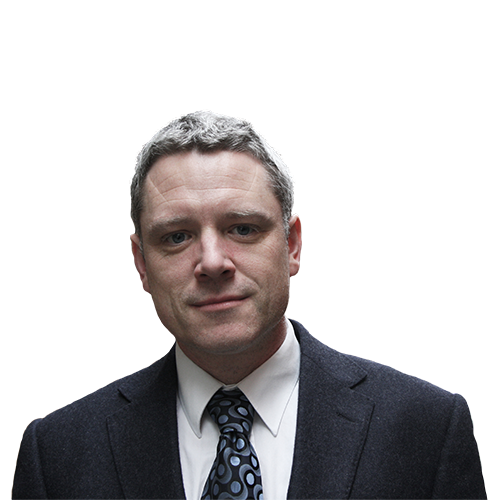Ultra-versatile Nanoparticle Integration into Organized Nanoclusters
UNION will develop nanoparticle (NP) assembly techniques, and assembly monitoring technologies to prepare novel hierarchically-ordered nanoparticle clusters (NPCs).
By improving control over the synthesis and assembly of NPs we will produce materials with tailored and predictable properties. Furthermore, by incorporating hierarchical control into the assembly (through the type, size and spatial distribution of the NPs) it will be possible to assess the influence of the hierarchy on properties and develop new functionalities. UNION will investigate how the emergent properties of the assemblies are determined by the architecture of the assembly, the extent of order, and the properties of the component NPs. This will enable tuning of the primary NP properties and the assembly processes to develop significant breakthroughs in nano-devices and next-generation complex nanotechnology products.
As the ultimate aim is the commercial exploitation of our results, in each stage of the development process we will use application-driven, scalable and cost-effective processes, incorporating EHS assessment and roadmap preparation towards future industrial deployment.
UNION will achieve its objectives through a three-stage approach.
– Improved NP preparation providing optimised surface chemistry for subsequent assembly
– Novel NPC formation (hierarchical nanoparticle assembly) methods
– Roll-out of NPCs for three application areas
NPC applications will be developed within three core areas corresponding to the different hierarchical structural levels; in suspensions of individual NPCs (biomedical), in supported 2D NPC arrays (optical), and in 3D arrays or nanocomposites (thermoelectric).
Our consortium is comprised of multidisciplinary research groups involving 8 partners with expertise in preparation and application of nano-materials. It includes significant industrial participation with 4 companies with specific knowledge and testing capability for the target application areas.
Dublin City University, IE
Partners:
- Ludwig-Maximilians-Universität Munich, DE
- Fundacio Institut de Recerca de L‘Energia de Catalunya, E
- Hungarian Academy of Science, H
- Cidete Ingenieros SL, E
- Nanovector srl, IT
- Malvern Instruments Ltd., UK
- Thales SA, FR


